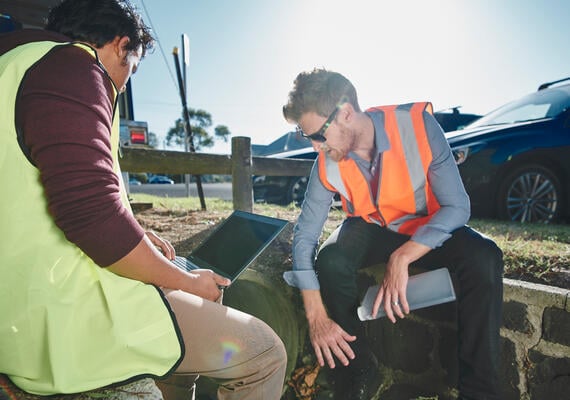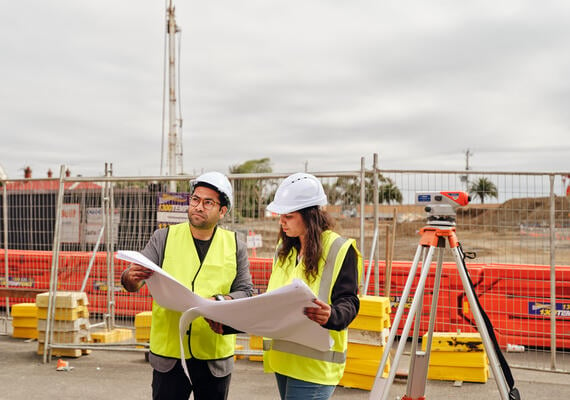Led by a team of experts from Deakin’s School of Engineering, our researchers are dedicated to finding new ways to improve water management across the nation.
Professor Wendy Timms is a professor at the Deakin School of Engineering. She has almost 30 years of professional experience in water and waste issues in both agriculture and mining. She has experience in consulting engineering, government, research and education as a hydrogeologist and environmental engineer.
Associate Professor Lloyd Chua is an associate professor the at Deakin’s School of Engineering. He has decades of experience in areas research including civil engineering, hydrology, physical geography, environmental geoscience and environmental engineering.
Associate Professor Nick Milne has 18 years of experience in water and wastewater management issues, with a particular focus towards desalination and the circular economy. He has run a number of applied projects at the lab and pilot scale for water utilities and industrial sites.
Dr James Gong is a senior lecturer of Water Engineering and the coordinator of the Infrastructure and Environment research theme at the School of Engineering. He is passionate about sustainable water asset management and specialised in smart water and wastewater network design and data analysis.
Dr Steven Sandi Rojas is a lecturer in Civil and Environmental Engineering. His main interest is the study of interactions between water and the environment. His research focuses on the development of eco-hydrologic and eco-geomorphic models to inform decision-making and assess water resources management plans.



